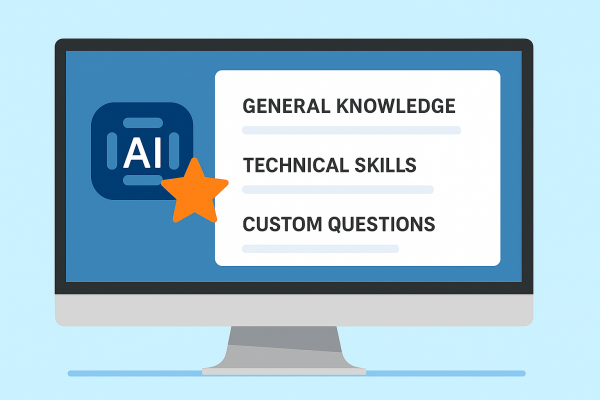
How managers can deal with “quiet cracking”
Last March, the recruitment platform Talent LMS launched a new trend called “quiet cracking.” Translation: employees who maintain passable performance but suffer in silence because they don’t feel motivated or engaged in their work. Explanations.







